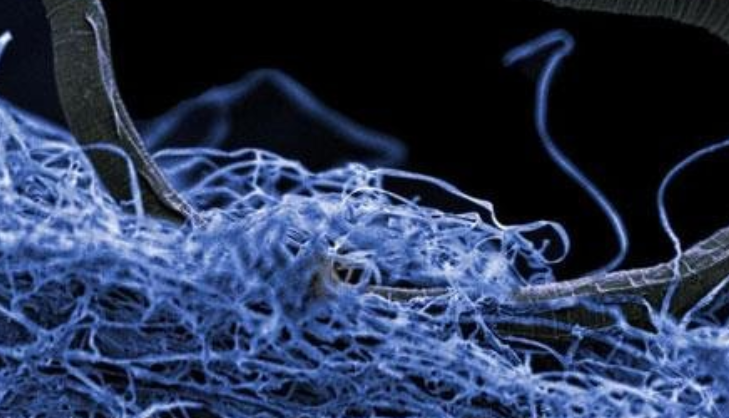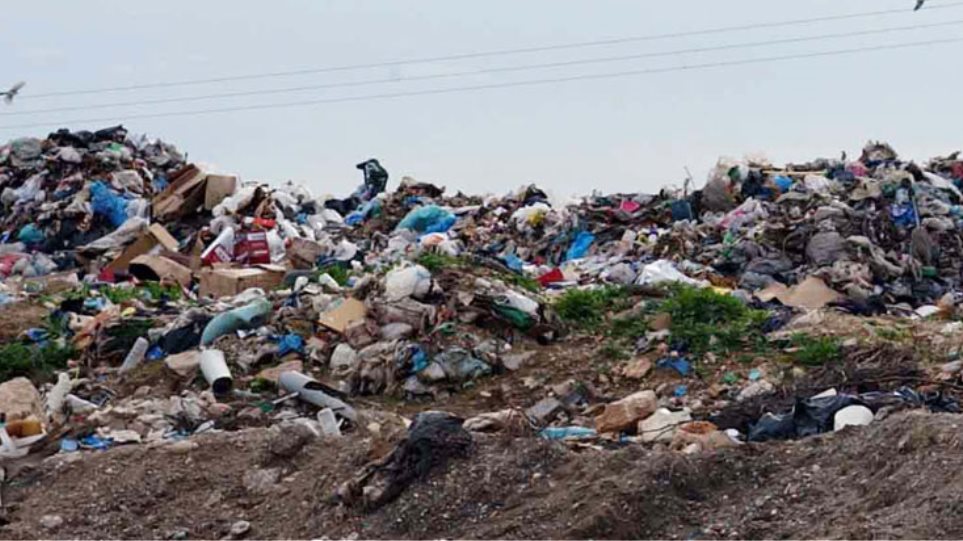A team of scientists in the US and Japan says that these prehistoric microorganisms began to grow and divide despite having entered an energy-saving state when dinosaurs were still walking on Earth.
The microbes belonged to ten different bacteria groups and were recovered from sediments mined in 2010 at the bottom of the South Pacific Gyre, one of the most deserted parts of the ocean in terms of nutrients.
“Our results suggest that microbial communities widely distributed in organic-poor abyssal sediment consist mainly of aerobes that retain their metabolic potential under extremely low-energy conditions for up to 101.5 million years,” write researchers in their study.
To obtain samples of the maximum possible depth, they drilled wells of up to 100 meters in the seabed at 5,700 meters below the surface.
The researchers, led by geomicrobiologist Yuki Morono of the Japan Marine Science and Technology Agency, incubated the sleeping microbes for 557 days in a laboratory.
The first handshake dates to Ancient Greece as way to prove you were weapon free
Carbon and nitrogen sources such as ammonia, acetate, and amino acids were supplied to see if they subsequently succeeded in removing them from their torpor.
“It is surprising and biologically challenging that a large fraction of the microbes revived after being buried and trapped for so long in conditions of extreme nutrient and energy deficiency,” admits Morono.
Microbes are aerobic — they require oxygen to live — and oxygen was present in the sediment samples.
According to the researchers, this means that if sediments accumulate gradually on the seafloor, at a rate not exceeding a yard or two every million years, oxygen can remain present and allow these microorganisms to survive for extraordinary periods of time.
Read more: Curiosmos








































